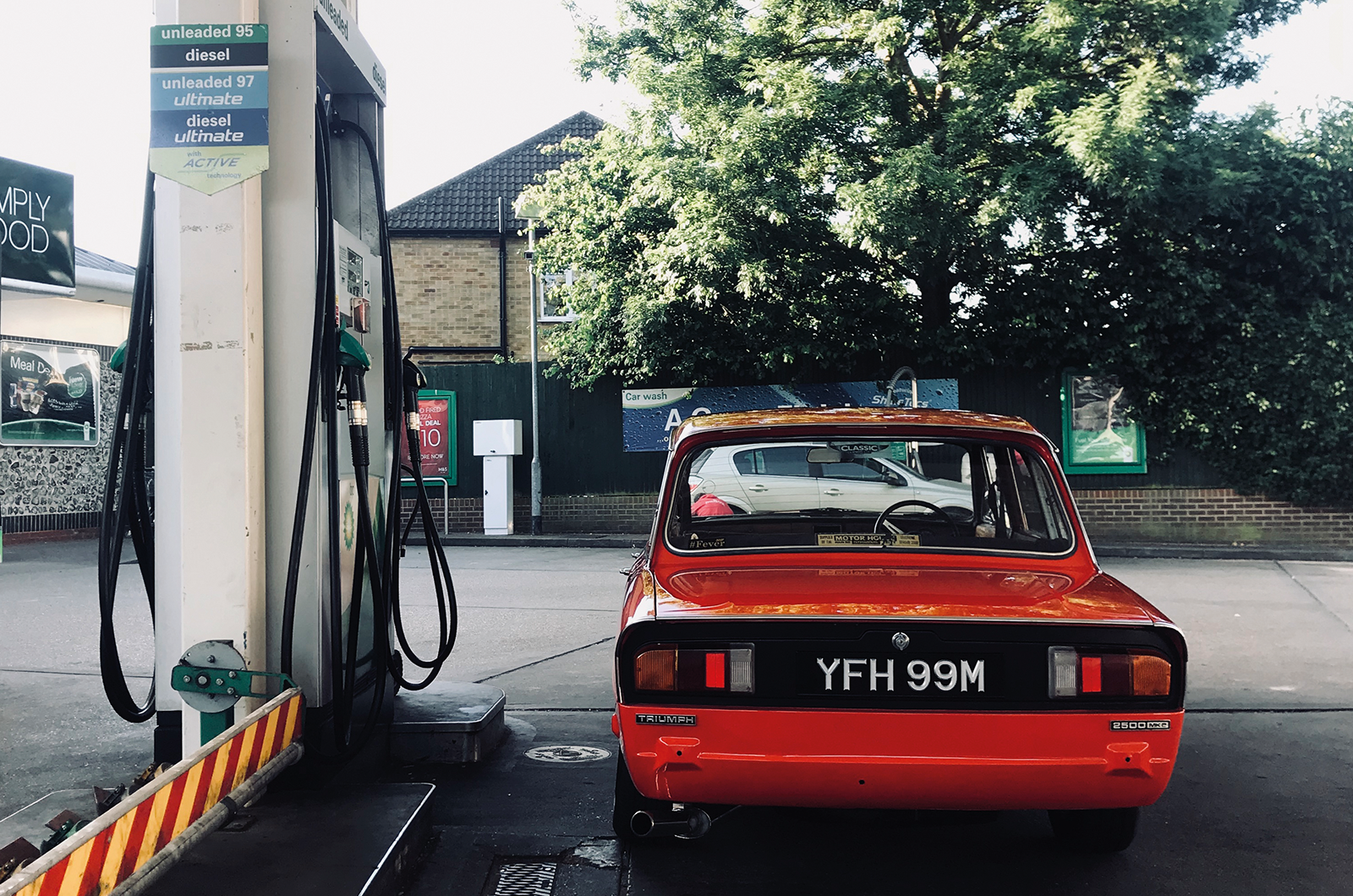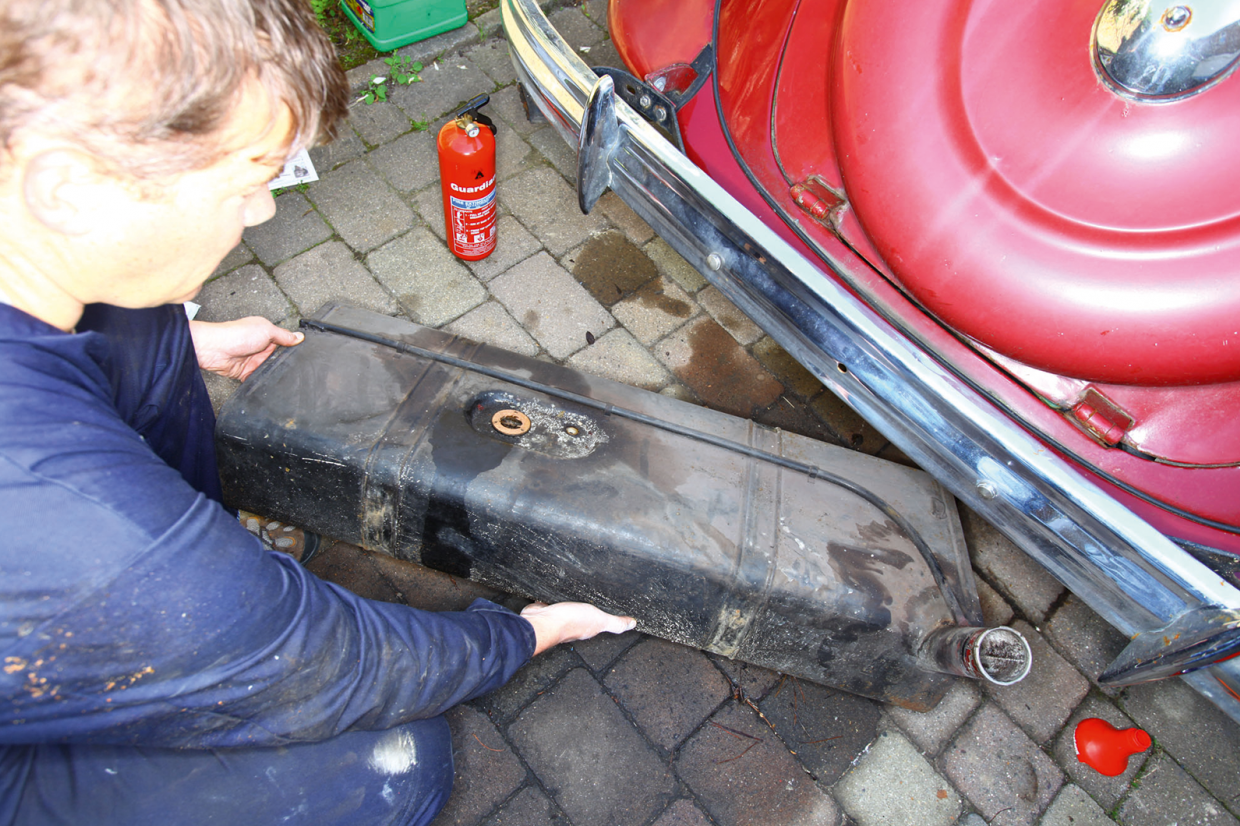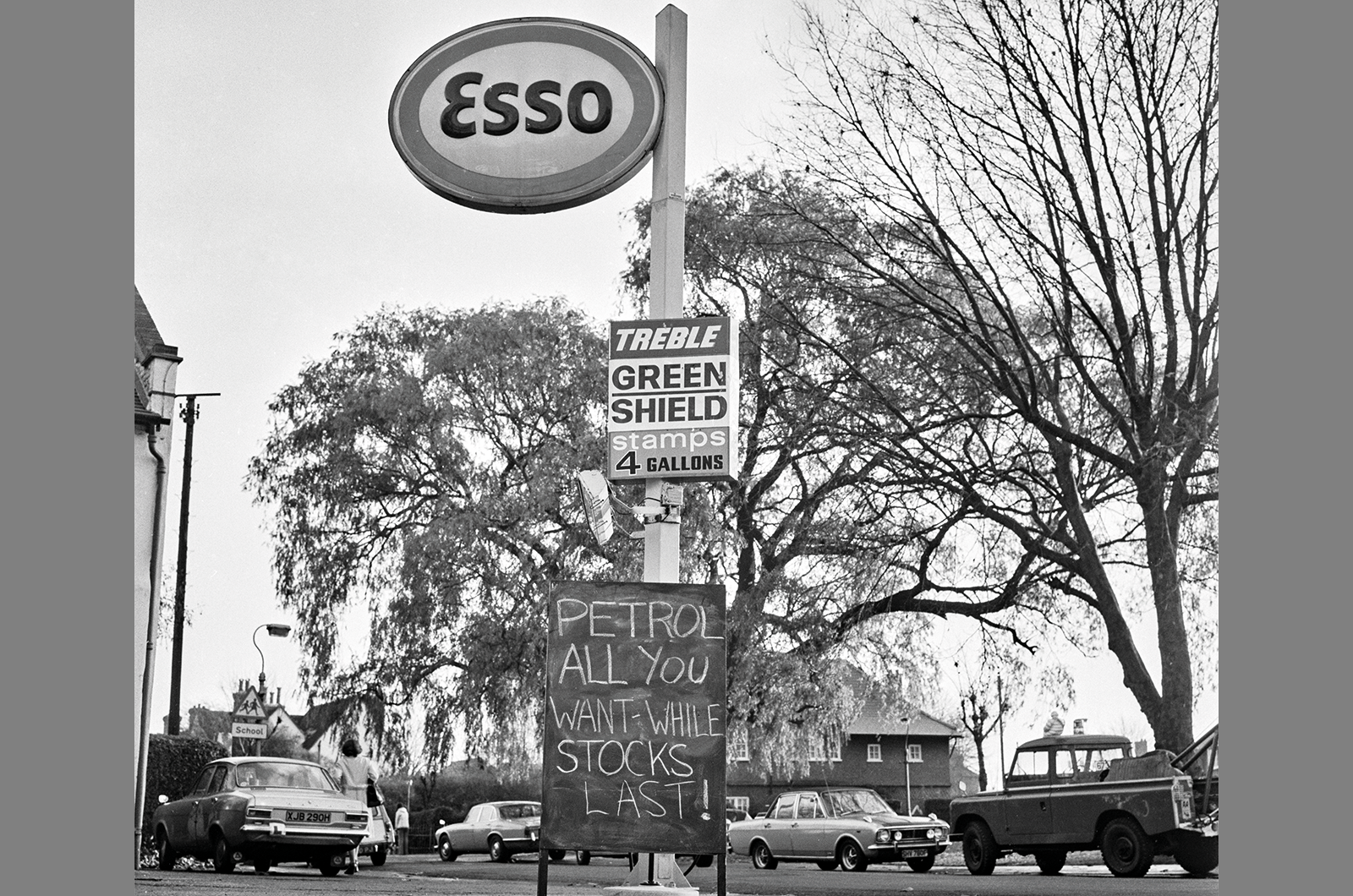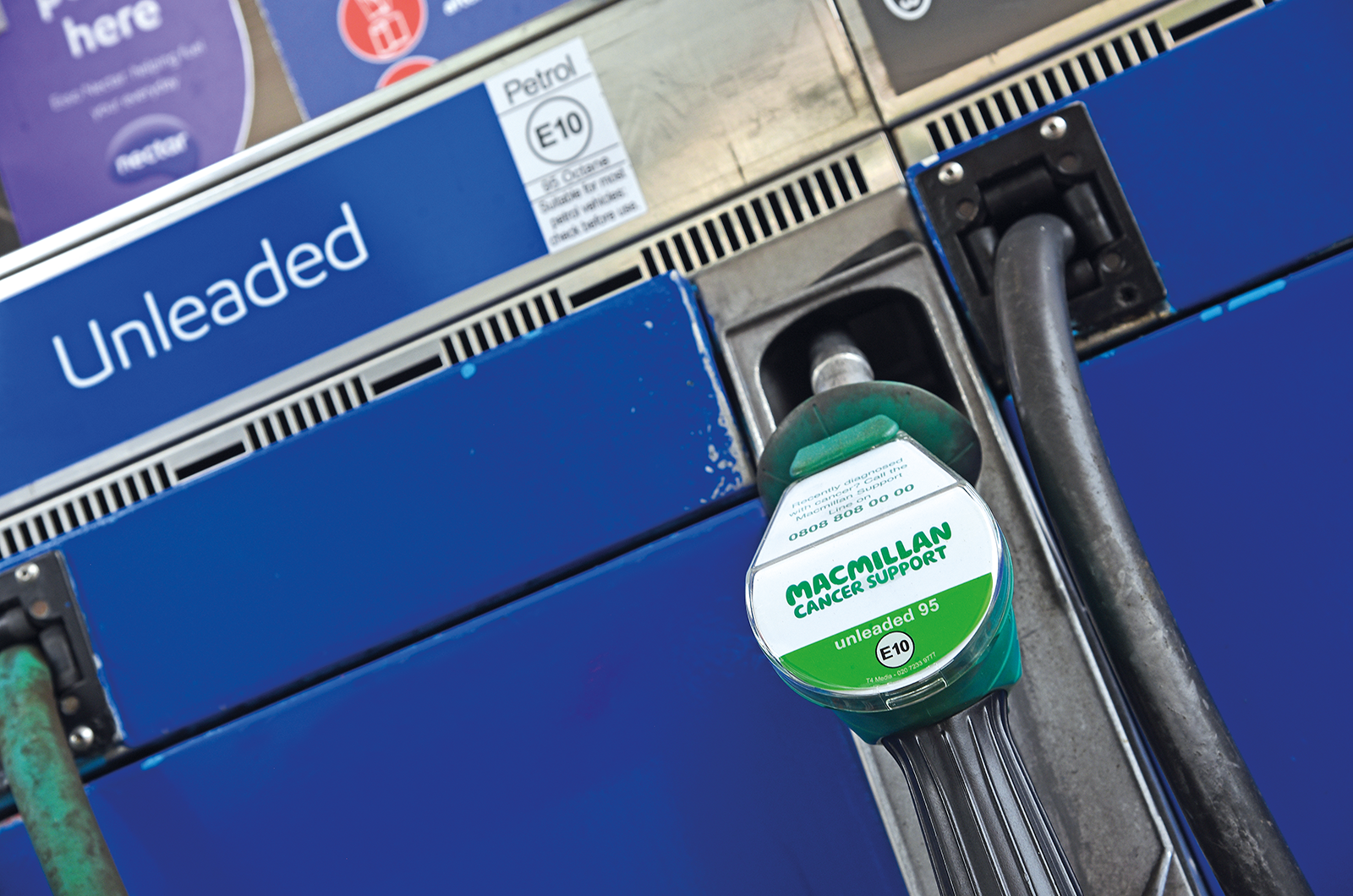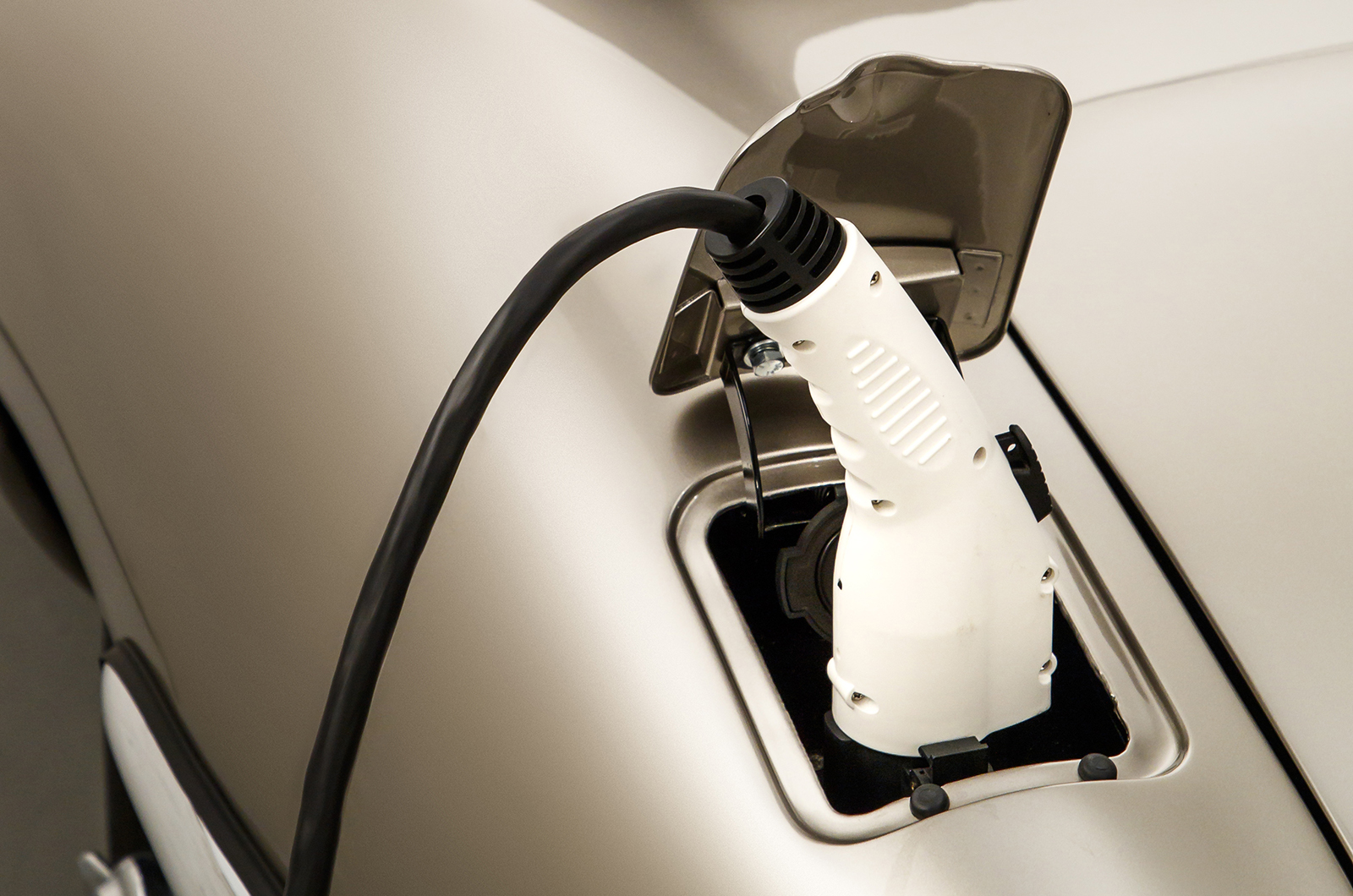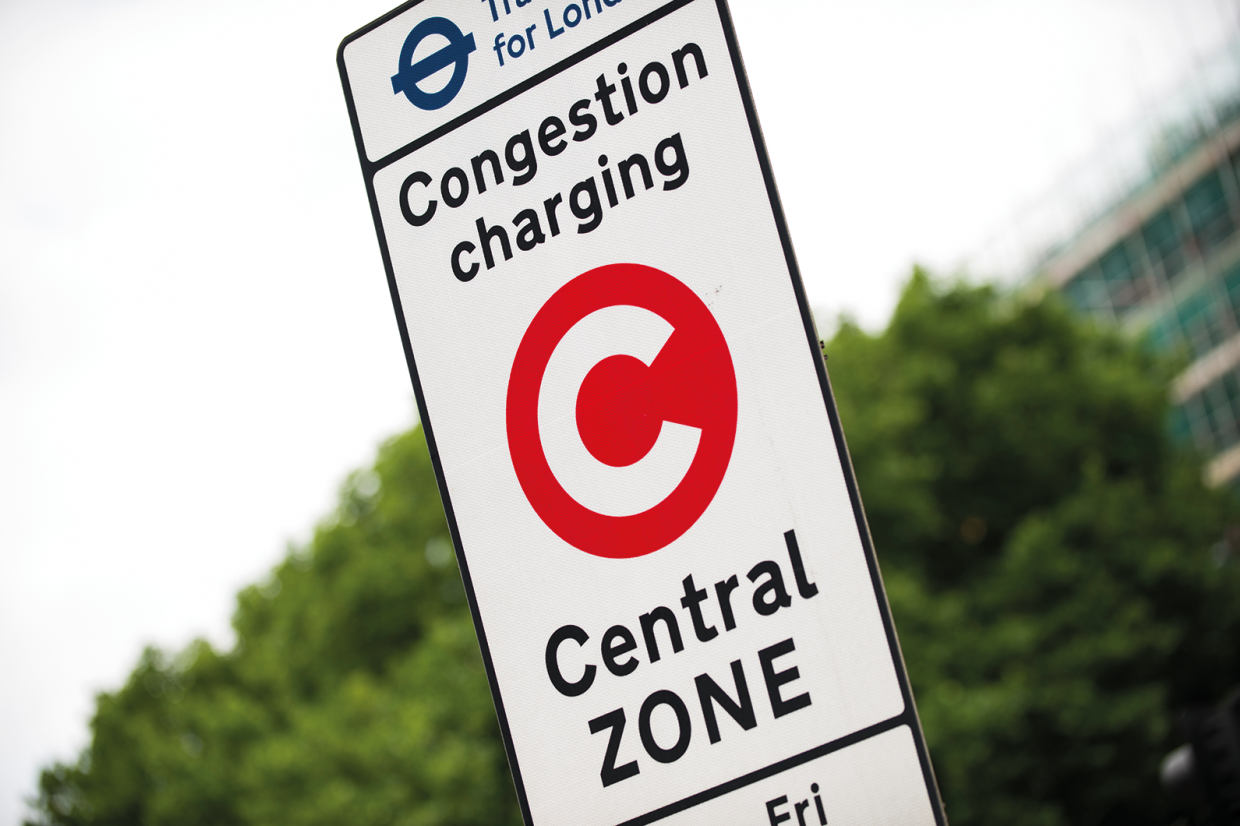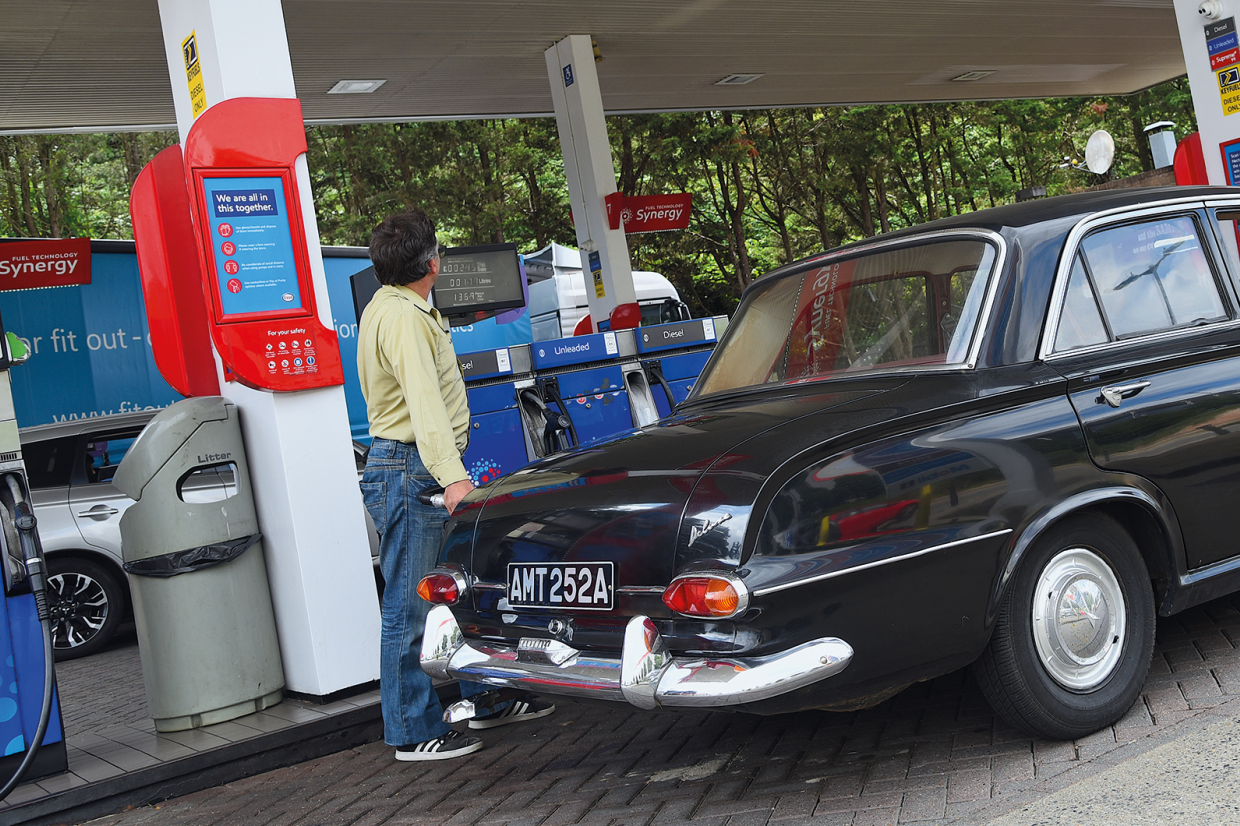
From September 2021, standard petrol on sale in the UK will have its ethanol content increased to up to 10%.
It will be available at almost all petrol stations across England, Scotland and Wales. In Northern Ireland, this introduction is expected to happen in early 2022, subject to legislative approval.
E10 petrol will cause issues for engines and fuel systems in older cars, industry bodies and clubs say, ranging from poor running to rusted-out fuel tanks – and even potential fires.
It’s all about reducing harmful emissions. Until now, 95-octane fuel has contained up to 5% ethanol: the amount varies regionally, depending on which refinery it came from.
By increasing the percentage of ethanol (bioethanol is produced from renewable crops such as sugar beet, grains and waste wood) blended into UK fuels, CO2 emissions are estimated to reduce by about 750,000 tonnes per year, according to the Government and transport minister Grant Shapps. That’s equivalent to taking 350,000 cars off the road, he said.
The AA reckons only 2% of cars can’t use E10 petrol, but that includes most classics. All cars made since 2011 have been required to be able to run it.
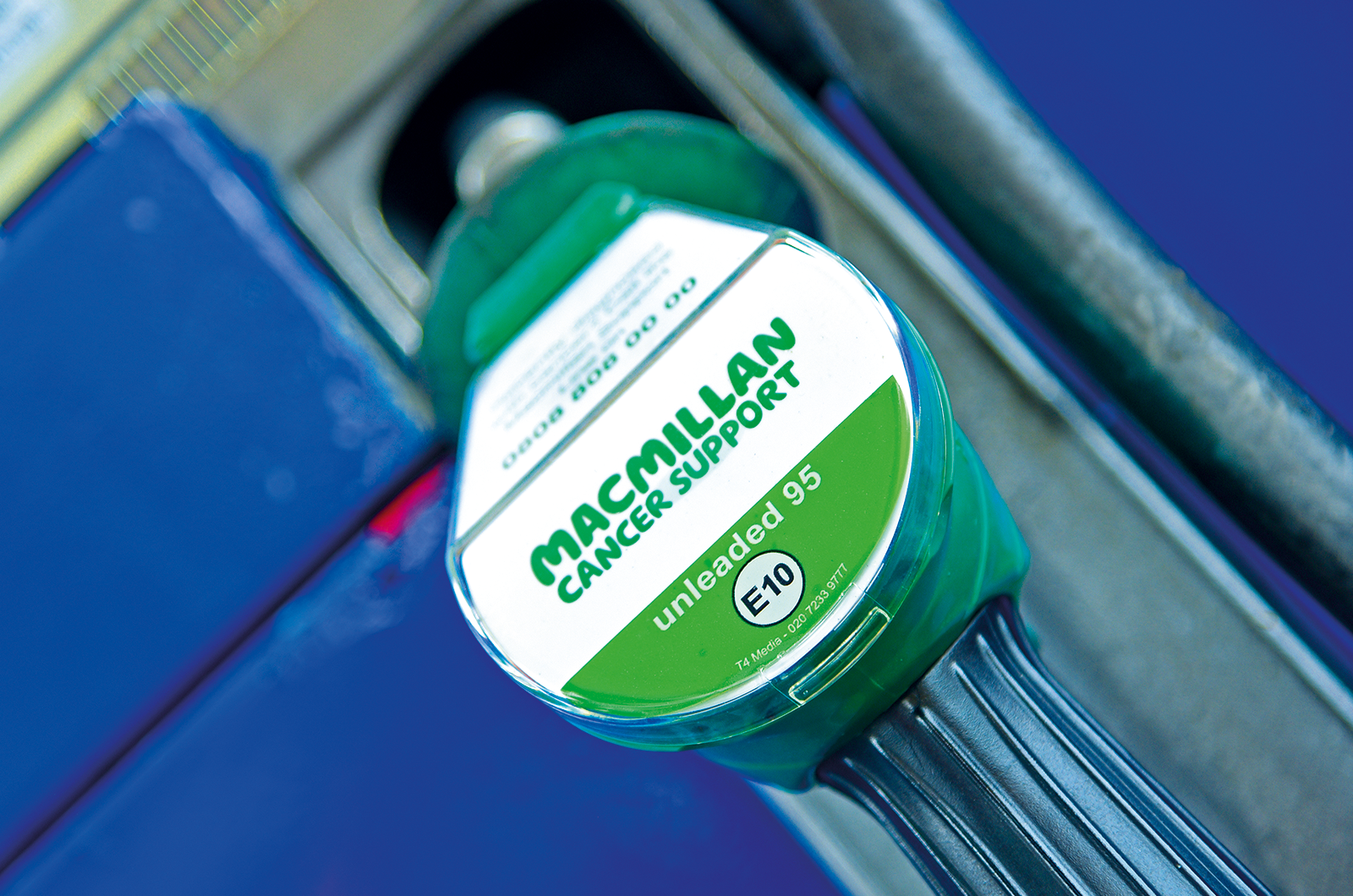
All road users are now likely to spend more on petrol to travel the same distance as before

